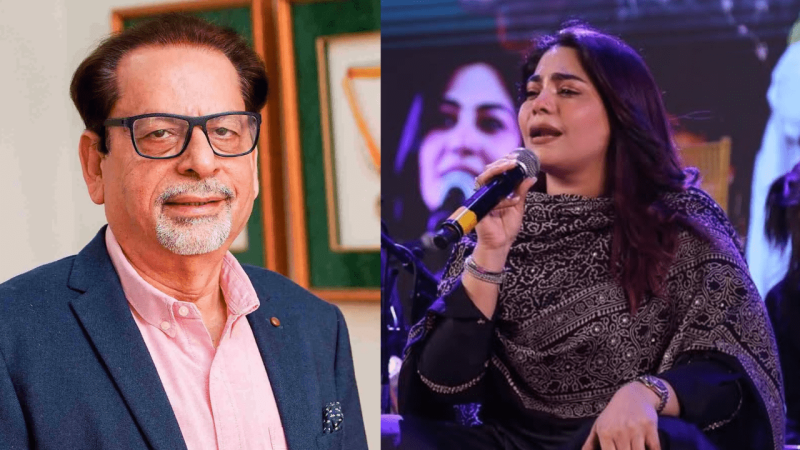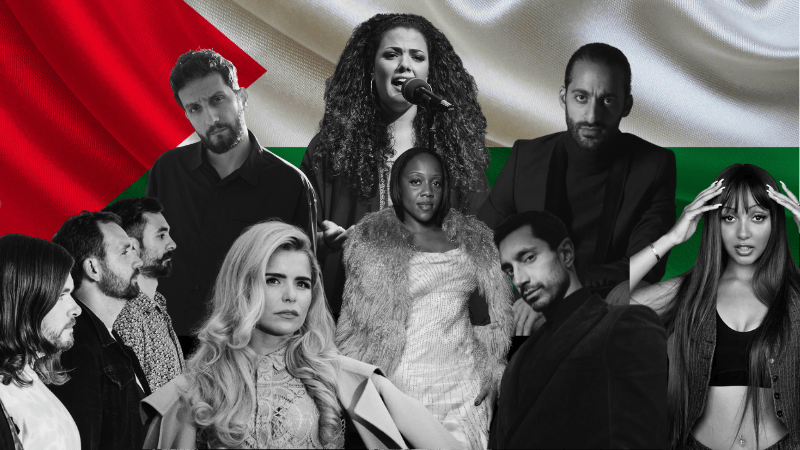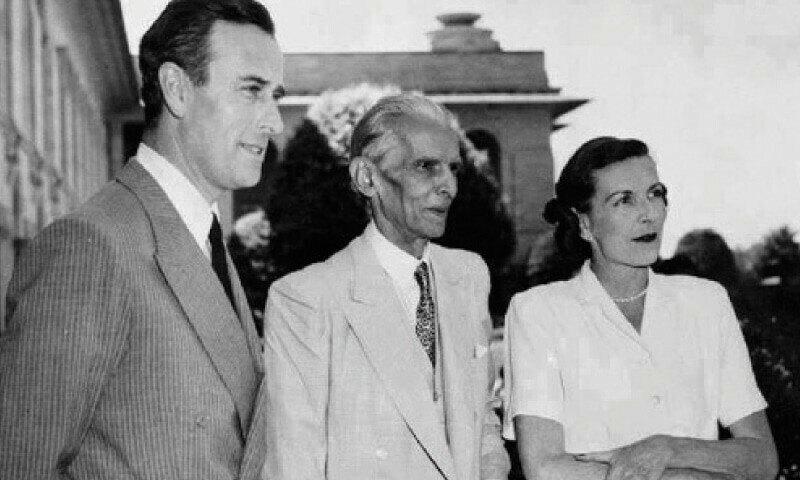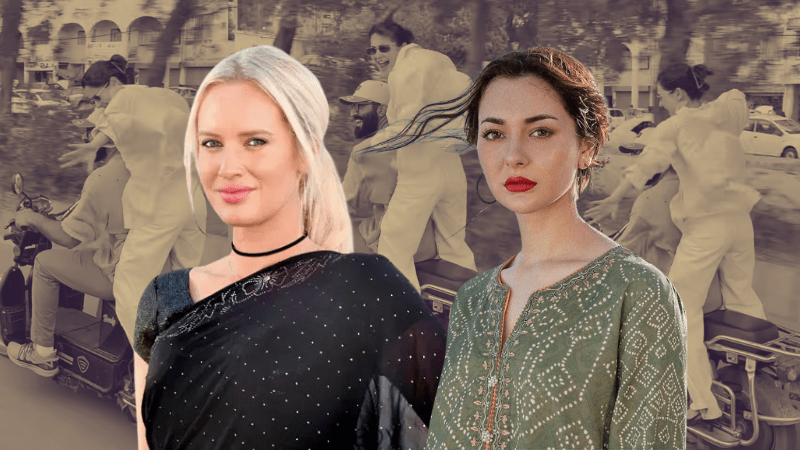There is a long history of South Asian feminist solidarity: Prof Nivedita Menon
Prof Nivedita Menon is a prominent feminist scholar from Jawaharlal Nehru University in New Delhi, who has written on the oppressive structure of the nation state, feminist and queer politics and patriarchal setup of the family.
Dawn caught up with Prof Menon while she was in town for a conference on gender and knowledge production at Quaid-i-Azam University, where participants spoke of overcoming structures of oppression and building solidarity amongst women’s movements across the subcontinent, to discuss some of these issues.
Q: What are your impressions coming to Pakistan at this time, given continued conflict between the two countries?
A: This is part of the very long history of South Asian feminist solidarity. From the 1980s onwards, feminists from Pakistan, India, Bangladesh and Sri Lanka have been in intellectual conversation, have politically come together, issued common statements, and all the more so in times of terrible conflict between the countries. Even at the time of the nuclear bomb tests or the Kargil War, Indian and Pakistani feminists were in conversation. So what happened here at the conference is part of that history.
Q: You mentioned in your opening address that feminism is bigger than the borders of the nation state – how so?
A: A radically transformative, socialist-inspired feminism recognizes that the nation state rests on a capitalist and hetero-patriarchal foundation. Feminist scholarship and activism also recognizes that the nation state is masculinist. It mobilizes a particular kind of woman when necessary and marginalizes other kinds of women, but more importantly, the nation state is founded on inscribing a pure national identity on the female body. So the policing and control of women’s sexuality and agency is central to any nation state.
Q: How would you compare India and Pakistan in terms of development? Going by human development indices like life expectancy, education, health, I think there are two reasons why India’s numbers are higher than Pakistan. The most important reason is that there have been decades of a kind of socialist framework – which many of us have been critical of for not being genuinely socialist. But even so, those decades of a socialist vision meant that the state has taken responsibility for health and education.
A: We have such a strong public university system; however deficient, a functioning government health system; land reforms have been effective in many parts of the country, the feudal order’s back has been broken – which hasn’t happened in Pakistan.
Of course, all this is being dismantled for over a decade now, and the effects on HDI will soon be visible.
The other reason could be more statistical because India is so large and heterogeneous. There are parts of India that might be no better than Pakistan in terms of social development, but states like Kerala, Himachal Pradesh, Goa, because of specific local histories, are high in terms of HDI and they lift the national average.
Q: Social space for women was brought up at the conference – how does this relate to cyber bullying, which is a big issue in Pakistan? Cyber bullying of women happens everywhere. In India also, any woman who’s been at all active or publicly visible against the Hindu right is attacked by them. It is now well recognized that the Hindu right has a paid troll army whose only job is to target people who challenge the Hindutva project. They attack women in particularly sexist and misogynist ways, and use very violent rape talk – this is not peculiar to Pakistan.
A: As for Pakistan, one cannot avoid the fact that if public space for women in is shrinking, it is because of the Islamic right. One has to state this very clearly.
This is what the Hindu right-wing would like to do as well, but we’ve had a longer history of democratic resistance and we don’t have a history of military rule. As a result there is much more of a democratic push back against the Hindu right.
The relatively greater openness of public spaces for women in India has to do with the fact that along with the opening of the economy and greater presence of women in paid employment, the religious right is being challenged, its diktats are resisted.
Feminist politics stands for religious freedoms - especially of minorities - while resisting the patriarchal pressures of the religious right.
Published in Dawn, October 6th, 2016











Comments